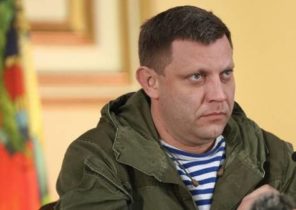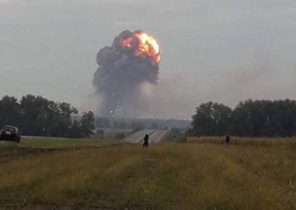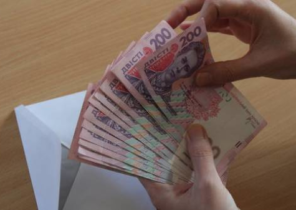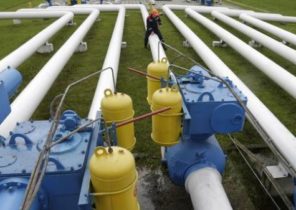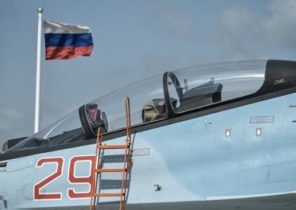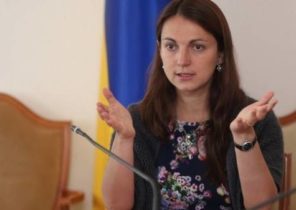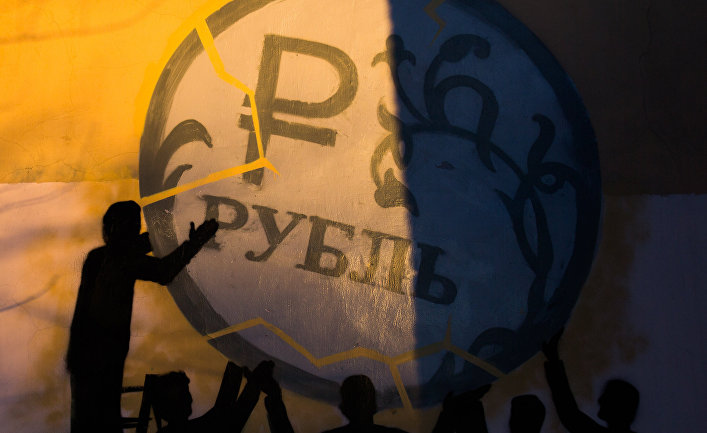
This year the Russian economy is waiting for good news. Of course, for a more sustainable growth requires a significant increase in performance, but there is hard work.
This year is projected to be the beginning of rise of the gross national product of Russia and growth of approximately 1%. The international monetary Fund the IMF expects Russian growth of 1%. The OECD forecast is 0.8%. According to Russia’s own estimates, the economic growth will reach even 1.5%.
Forecast growth of around 1% and gives the Research Institute for economies in transition Bank of Finland (The Bank of Finland Institute for Economies in Transition, BOFIT).
“The latest economic forecasts for Russia gives a growth of about 1%. Behind this expected growth in oil prices,” — says senior economist, Institute for economies in transition Bank of Finland Heli Simola (Simola Heli).
Positive prospects for the development of the Russian economy in addition to the increase in oil prices gives the improved exchange rate of the ruble and the rise of the Moscow exchange. Also increased the export of Finland to Russia.
“The demand growth and the strengthening of the ruble can be expected a positive development of the economy. Export is at a very low level, but now the picture is better than before” — says Simola.
The Russian economy needs structural reforms
Simola recalls that an obstacle to the growth of the Russian economy is a lot of structural problems that must be addressed for the growth of the economy continued. “It is necessary to carry out adaptation activities of the economy,” says Simola.
Professor, Lappeenranta University of Technology Juha Vaatanen (Juha Väätänen) says that all the time after the collapse of the Soviet Union expected that Russia will produce structural changes and will give the global market something else besides the main raw materials. “Creating a package of productivity growth is not easy, because nobody wants”, — said Vatanen.
Russia has for a long time teetering between countries with cheap production, like China and India, and EU countries with a high level of performance.
“The level of productivity in Russia is about a third to half the level of Western countries, the difference in the standard of living is about the same. The standard of living will not increase without increases in productivity,” says Vatanen.
Russia and Brazil, with economies of the same type, it is difficult to come up with these sectors of the economy with which they could enter the world market. For a long time was doing well as commodity markets extended the economy. Their volatility was for the Russian leadership by surprise.
“In the period 2000-2009, the middle class increased, there was no need to invent anything new, since the motor worked. Now Russia has become a hostage to its own policy,” — said Vatanen.
According to Vaatanen, in Russia there has never been a problem with the management didn’t know what to do. The problem was largely in the implementation. There were those who got it right. For Example, Sberbank. The state tried to support the development, including through the innovation center “SKOLKOVO”.
The lifting of sanctions will help Russia
Future US President Donald trump (Donald Trump) hinted that it may consider easing sanctions if agreement is reached on reducing nuclear weapons. However, according to experts from the Research Institute for economies in transition, a very big impact on the Russian economy this will have.
“Problems of the Russian economy are mostly structural. The sanctions complicate the situation, for example, with funding, but their abolition will have quick and strong impact,” — said Heli Simola.
